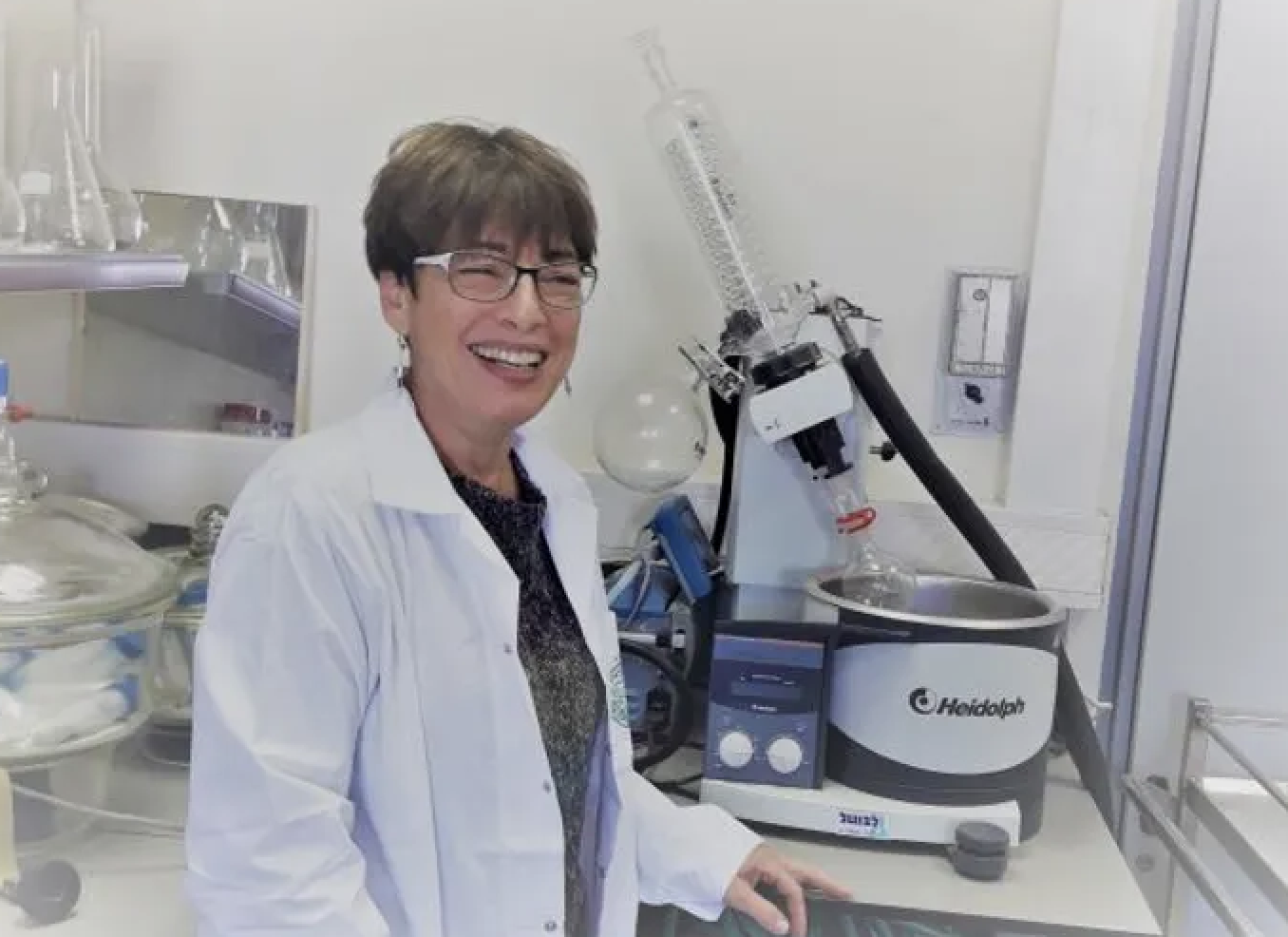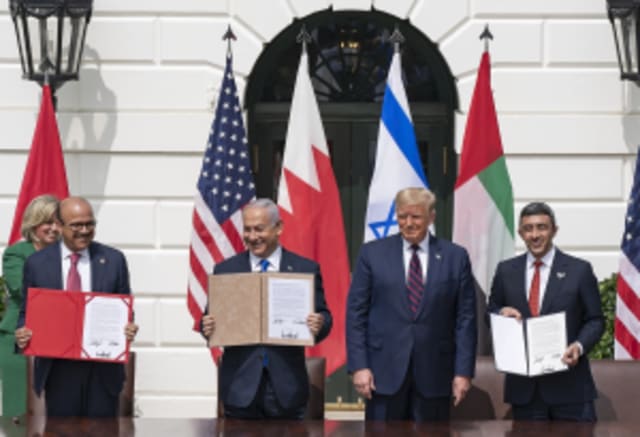Israeli researchers tackle global cocoa shortage with resilient 'superhero' seedlings

Israeli researchers are on the verge of what could be a scientific revolution; one that might prove to be particularly sweet.
The cacao tree, a tropical plant indigenous to humid and wet regions roughly 300 miles from the equator, is currently seeing a global shortage due to economic and environmental factors.
In 2019, Dr. Ellen Graber from the Volcani Institute, Israel's leading research and development center, established the CCC Institute (Cocoa Cure Center) to address the global shortage by enhancing the resilience of cacao trees.
In western Africa, where 80% of the world’s cocoa beans are produced, severe weather problems, economic challenges and disease have negatively impacted the cacao farming industry, causing global cocoa prices to surge.
Some major processing plants in Côte d'Ivoire and Ghana have been shuttered while others are struggling to survive, further jeopardizing the livelihood of the farmers growing the plants.
Graber set out to discover ways to improve the cultivation of the cacao tree so the cacao farming community would benefit economically. And, so chocolate – the favorite, feel-good superfood – would remain in stock on grocery store shelves around the world.
Graber and her team at the CCC have focused on developing drought-resistant cocoa varieties, among other innovations, to help stabilize global cocoa supplies and foster a sustainable chocolate industry.

Her research was interrupted when Hamas terrorists invaded Israel’s southern border with Gaza on Oct. 7. The Volcani Institute’s facility in the south was left without electricity or irrigation for months. However, just days before the terror attack, Graber’s team had sent 140 seedlings of the cocoa plant to the southern facility to see how they would fare in dry conditions.
After the brutal attack, all water was cut off and residents were evacuated for several months. No one expected any of the plants to survive, however, when the scientists returned a little over three months later, they were shocked to discover that 18 seedlings of one particular strain of cocoa beans were not only alive, but thriving.
"It's a very unusual result, to find a strain that can withstand three and a half months of drought as new fresh seedlings and also a severe cold front,” Graber said. “It means that we may be able to develop strains that can expand the growing regions for cocoa.”
Graber says she plans to clone the surviving cocoa “superheroes,” as she calls them, in southern Israel. She then wants to test them genetically to learn why they are so resilient. Garber hopes the research will lead to new cocoa strains capable of thriving in other regions, both inside and outside Israel.
“The idea is to develop a very strong root stalk that can then be used as a root stalk for growing wherever it needs to be grown,” Graber said. “So, that’s our goal-not just for Israeli agriculture, but for agriculture… for farming cocoa wherever.”
For a plant that typically requires a specific climate environment – hot temperatures, high humidity and constant rain – along with worsening conditions on the Ivory Coast, the discovery of this new “superhero” may catalyze stronger diplomatic and economic policies between Israel and West African countries, which would be a welcome development for Israel amid the war in Gaza.
The resilience of the small but “superhero” cocoa seedlings in harsh conditions is yet another symbol of the tenacious Israeli spirit and the blessing God has placed on His people and land.
Israel's position as a global leader in agricultural technologies is driven by its need to overcome water scarcity and limited arable land. This necessity has led to the development of innovative technologies and products designed to address these specific challenges.

The All Israel News Staff is a team of journalists in Israel.
You might also like to read this:















